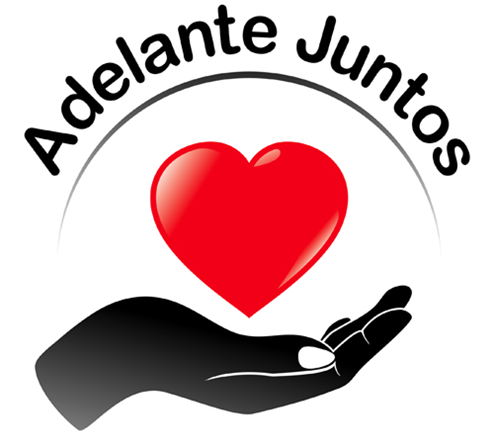Los Cebollines is a mountain community of approx. 70 families, located about 30 minutes east of Jalapa up a pitted, 1 km dirt road. Many of the families are farmers, while several other of the male household members walk significant distances to find work outside the communities. The responsibility of raising the children, cooking, finding firewood, and subsistence farming are, in most cases, handled by the mothers and children.
The community is lead by an elected commitee called COCODE (Consejo Communitarios de Desarrollo Urbano y Rural).

The representatives presented us with a list of several pressing needs (not in priority order):
- Sanitary Latrines
- Potable Water storage tanks at houses
- Improved stoves
- Better Housing
- Soccer field or someplace for the children to safely play
- Bus or transportation to/from Jalapa
- Paved Road
- Solar panels for well
Female family representatives echoed the needs, with stoves, water storage tanks and water filters as priorities.
Other identified needs include finishing the partially completed church/community center and a local medical clinic.
Malnutrition is also a significant issue in the community. We noted several children with stunted growth.
Within the community
Houses are made of adobe brick, wooden planks or concrete block, with a corrugated steel roof. Each small house is a single room or two rooms, with one serving as a communal bedroom for the family. Many families are multi-generational, with 7 or more family members living under the same roof.



Cooking is done on an open, indoor stove with firewood. Many of the stoves are unvented or poorly vented, resulting in significant smoke and fumes within the house. Some families have this stove outdoors under a covered patio, but the smoke and fumes were still significant.
Latrines are pit toilets, relocated to another location when they become full.
The community has a distributed water system thanks to a Canadian organization which dug a well, provided a water tank, and installed pipes to 4 distribution points within the community. Access to the water is rationed due to concerns about depleting the well, with each distribution point having access to water for 2 hours every 4 days. Water is drawn and stored in open or loosely covered plastic drums, which results in organic and inorganic contamination of the water.


The community has a 3-room schoolhouse provided by a university group from Antigua Guatemala. Furniture, books, and supplies were proved through donations by the Catholic church in Jalapa, and teachers are funded by the government. The school is inadequate, with 400 children attending school, staggered throughout the day.. Education level is generally through the third grade.


